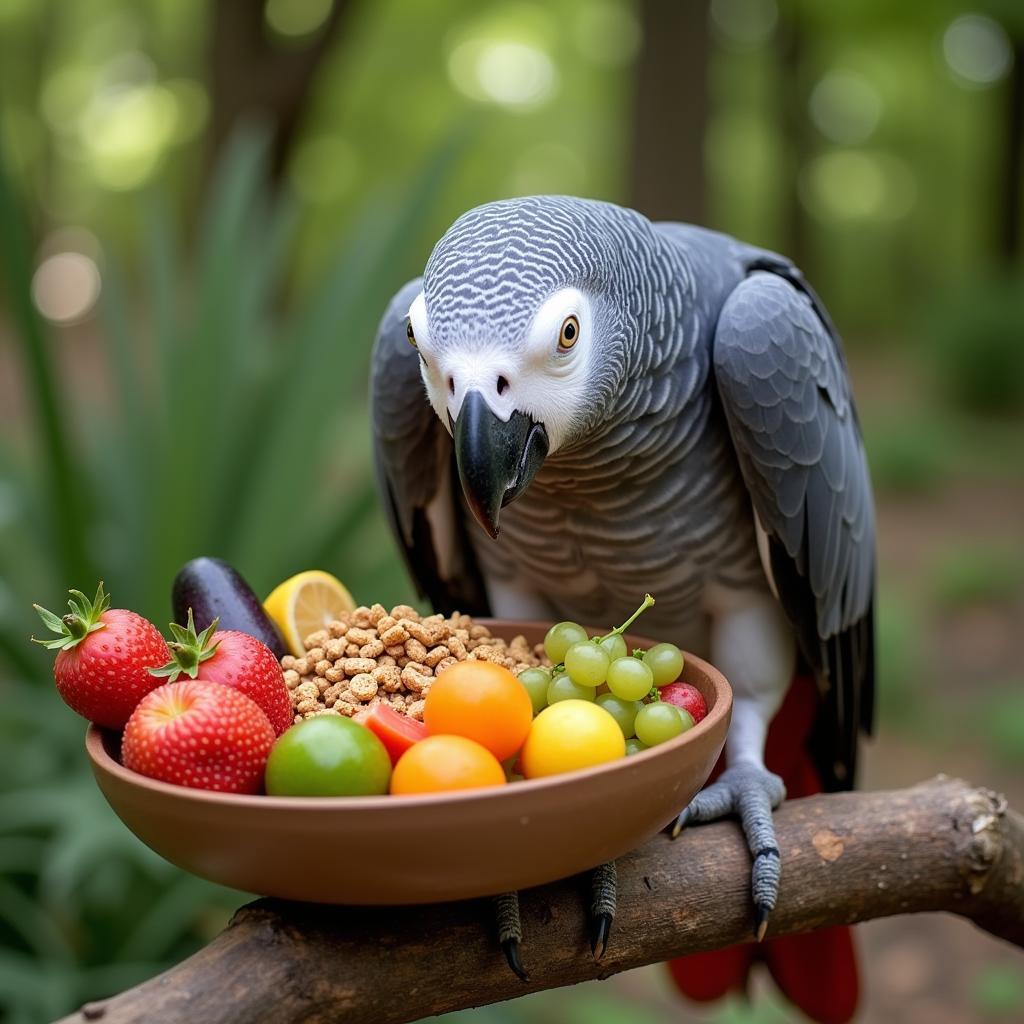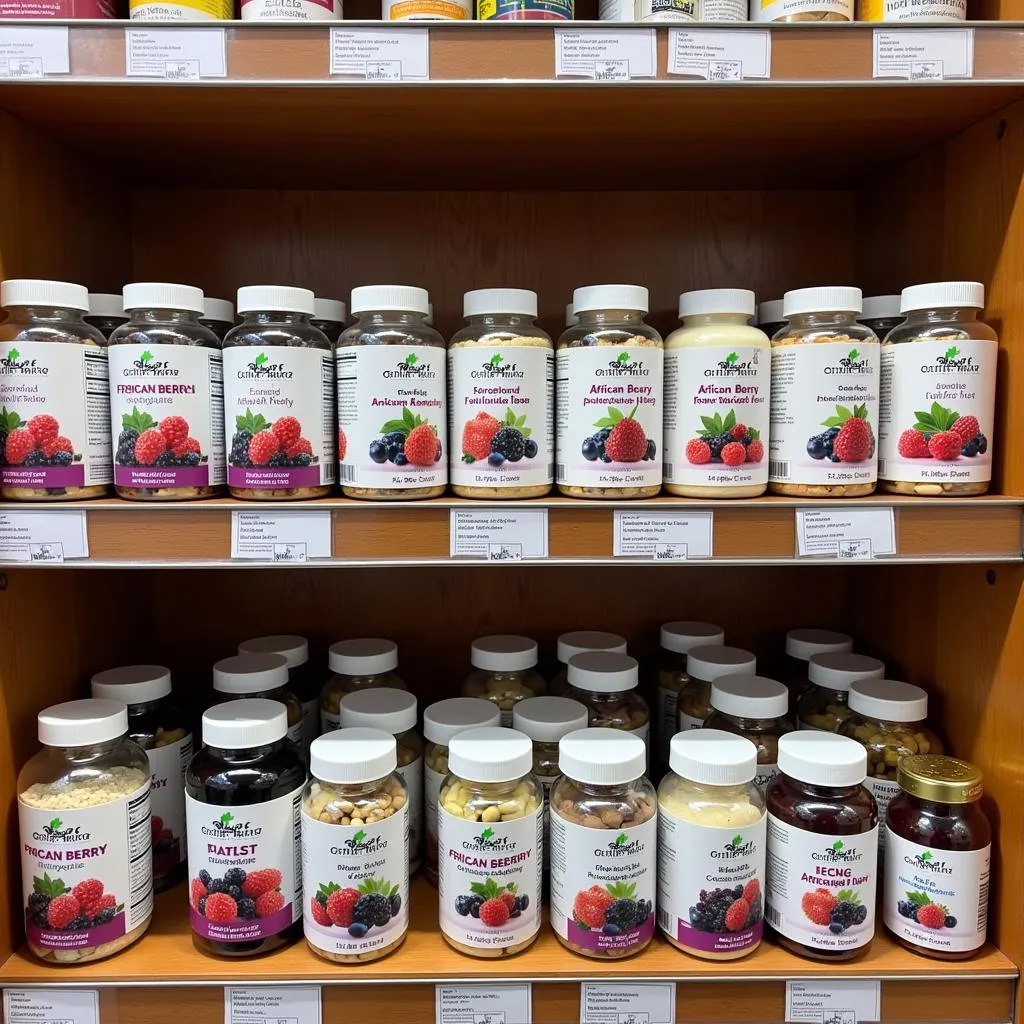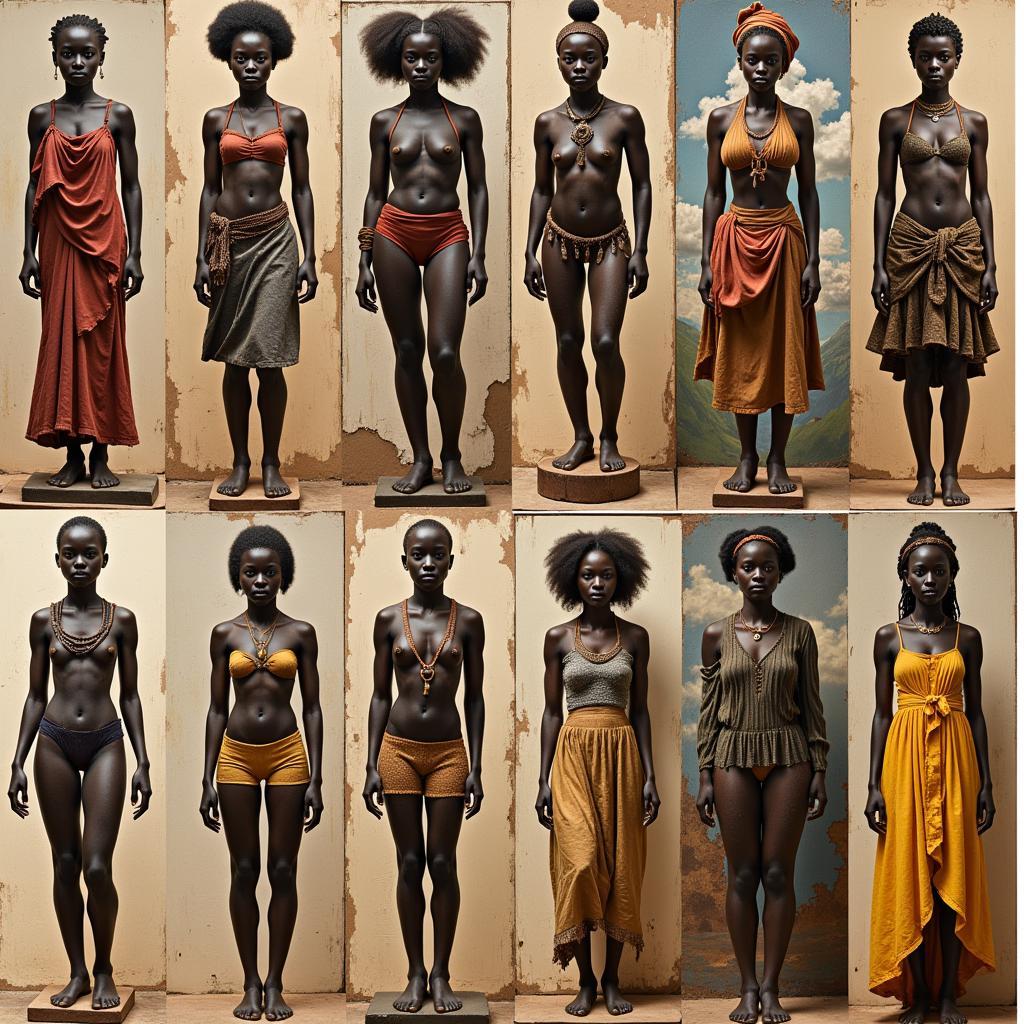African Grey WikiHow: Your Complete Guide to Caring for These Intelligent Companions
African Grey parrots, with their striking silver feathers and bright red tails, are more than just beautiful birds. These highly intelligent creatures require specialized care, and understanding their needs is crucial for their well-being. This comprehensive guide will equip you with the knowledge you need to provide a happy and enriching life for your African Grey, covering everything from diet and housing to training and enrichment.
Understanding Your African Grey’s Needs
Owning an African Grey is a commitment. These birds can live for 50-80 years, so be prepared for a long-term relationship. Their exceptional intelligence, comparable to a human toddler, means they need constant mental stimulation and social interaction. Providing a stimulating environment is key to preventing boredom and associated behavioral problems. Neglecting their social and intellectual needs can lead to feather plucking, screaming, and other destructive behaviors.
Diet and Nutrition: Feeding Your Feathered Friend
A healthy diet is essential for a thriving African Grey. Seeds alone are not sufficient; they need a varied diet rich in fruits, vegetables, and high-quality parrot pellets. Pellets should make up about 60-70% of their diet, supplemented with fresh produce like leafy greens, berries, and vegetables. Avoid avocado, chocolate, and caffeine, as these are toxic to birds.
 African Grey Parrot Enjoying a Healthy Meal
African Grey Parrot Enjoying a Healthy Meal
Housing: Creating a Comfortable Home
African Greys need a spacious cage that allows them to climb, fly short distances, and play. The minimum recommended cage size is 24″ x 24″ x 36″, but larger is always better. Provide a variety of perches of different sizes and textures to exercise their feet. Include toys, foraging opportunities, and a shallow dish for bathing.
Training and Socialization: Building a Strong Bond
African Greys are highly social creatures and thrive on interaction. Spend quality time with your bird every day, talking, playing, and training. Positive reinforcement techniques work best. Start with simple commands like “step up” and gradually introduce more complex tricks.
Common Health Concerns in African Greys
Like any living creature, African Greys are susceptible to certain health issues. Regular veterinary checkups are vital for early detection and treatment.
Feather Plucking: Addressing Underlying Issues
Feather plucking can be a sign of stress, boredom, or underlying medical conditions. Consult with an avian veterinarian to determine the cause and develop a treatment plan.
Calcium Deficiency: Ensuring Proper Nutrition
Calcium deficiency can lead to serious health problems in African Greys. Ensure they have access to calcium sources like cuttlebone or calcium supplements.
Proventricular Dilatation Disease (PDD): A Serious Threat
PDD is a viral disease that affects the digestive system. Early diagnosis and supportive care are crucial for managing this condition.
Enrichment and Mental Stimulation: Keeping Your African Grey Engaged
A stimulating environment is essential for an African Grey’s mental well-being. Provide a variety of toys, foraging opportunities, and interactive activities.
Conclusion: Providing a Fulfilling Life for Your African Grey
Caring for an African Grey, following this African Grey Wikihow, is a rewarding experience. By understanding their unique needs and providing a stimulating and nurturing environment, you can ensure a long, happy, and healthy life for your feathered companion.
FAQ
- How long do African Greys live? (African Greys can live for 50-80 years.)
- What should I feed my African Grey? (Feed them a varied diet of high-quality parrot pellets, fruits, and vegetables.)
- What size cage do I need? (A minimum of 24″ x 24″ x 36″, but larger is always better.)
- How can I prevent feather plucking? (Provide a stimulating environment, address any underlying medical conditions, and consult with an avian vet.)
- Are African Greys good talkers? (Yes, they are known for their exceptional talking ability.)
- How much time should I spend with my African Grey? (Spend quality time with them every day for interaction and training.)
- What are some common health issues in African Greys? (Feather plucking, calcium deficiency, and Proventricular Dilatation Disease (PDD).)
For more information on parrot care, check out our articles on “Choosing the Right Parrot” and “Creating a Bird-Friendly Home”.
When you need assistance, please contact us: Phone: +255768904061, Email: kaka.mag@gmail.com, or visit us at: Mbarali DC Mawindi, Kangaga, Tanzania. We have a 24/7 customer service team.



